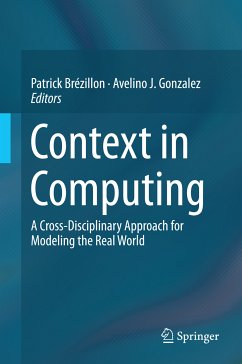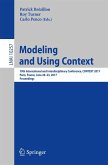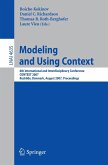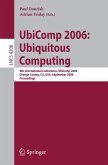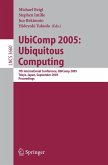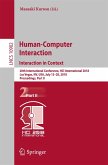The book serves as a user-centric guide for readers wishing to develop context-based applications, as well as an intellectual reference on the concept of context. It provides a broad yet deep treatment of context in computing and related areas that depend heavily on computing. The coverage is broad because of its cross-disciplinary nature but treats topics at a sufficient depth to permit a reader to implement context in his/her computational endeavors.
The volume addresses how context can be integrated in software and systems and how it can be used in a computing environment. Furthermore, the use of context to represent the human dimension, individually as well as collectively is explained. Contributions also include descriptions of how context has been represented in formal as well as non-formal, structured approaches. The last section describes several human behavior representation paradigms based on the concept of context as its central representational element.
The depth and breadth of this content is certain to provide useful as well as intellectually enriching information to readers of diverse backgrounds who have an interest in or are intrigued by using context to assist in their representation of the real world.
Dieser Download kann aus rechtlichen Gründen nur mit Rechnungsadresse in A, B, BG, CY, CZ, D, DK, EW, E, FIN, F, GR, HR, H, IRL, I, LT, L, LR, M, NL, PL, P, R, S, SLO, SK ausgeliefert werden.
Hinweis: Dieser Artikel kann nur an eine deutsche Lieferadresse ausgeliefert werden.

